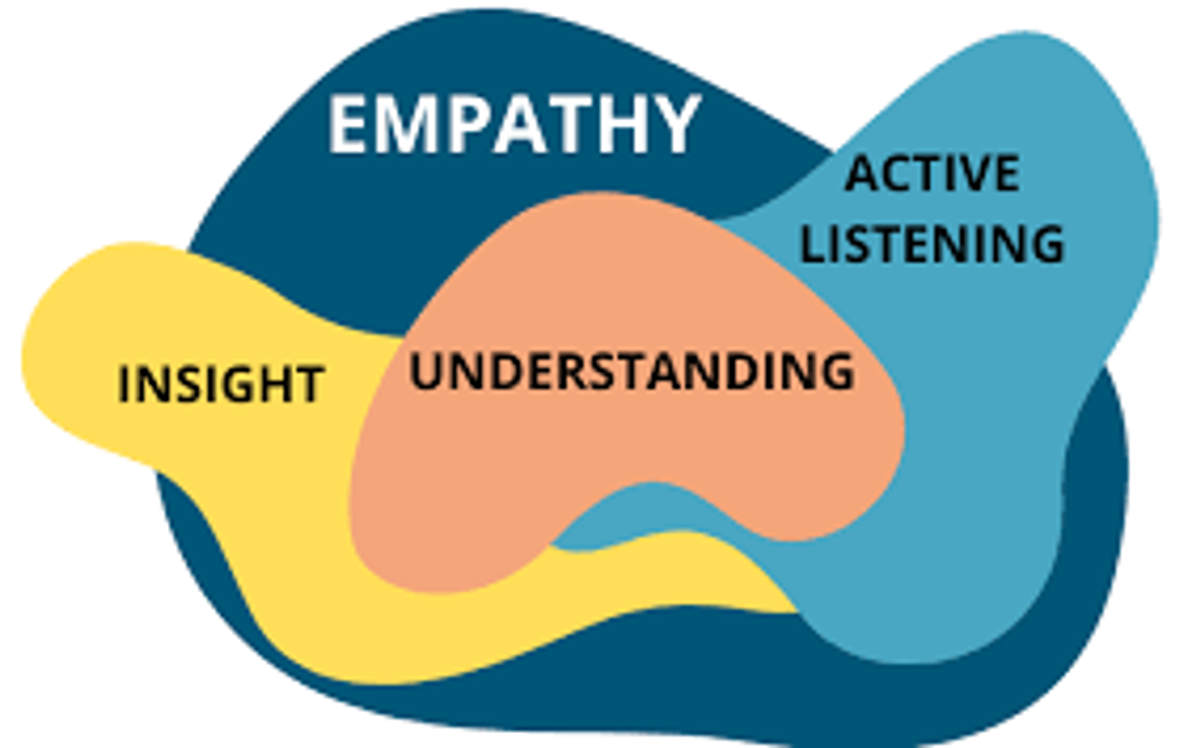MENTAL HEALTH & WELLBEING

We are thrilled to be able to host this FREE course at Chilwell Primary School. This is a great opportunity to hear from an expert to gain practical help in understanding children’s emotional development, further develop strategies around communication and to enjoy the parenting journey we’re all a part of.
Bringing Up Great Kids
How is this program different from other parenting programs?
This program enables parents to ‘walk in the child’s shoes’ and provides practical help in understanding children’s emotional development, assists parents to develop attentive communication skills with their children and enjoy parenting as a two-way learning journey.
Parents are encouraged to reflect upon and understand the meaning of their children’s behaviour, while gaining insights into the triggers that cause strong emotional responses from parents. The insights gained enable parents to develop the ability to contain these reactions and respond more thoughtfully to children’s behaviour.
Expected outcomes of the program
Participating parents will be better equipped to:
- Understand the origin and nature of their parenting style
- Understand the messages they give to, and receive from their children
- Identify and respond to the needs of their children
- Build a positive, respectful relationship with their child
- Source information and support for themselves in their parenting role
- Understand how your child’s brain development effects their behavior.
The program is open to parents of children aged 12 months - 8 years. It is conducted over 6 consecutive weeks. Each weekly session runs for 2 hrs.
For further information regarding this program please contact:
Regional Parenting Service
Email: rps@geelongcity.vic.gov.au
Cost: FREE
Lunchtime Clubs at Chilwell
Lunchtime clubs help build student engagement, social skills and inclusion for all students.
Benefits for students and the whole school community include:
- improved peer-to-peer and teacher-student relationships and wellbeing
- a sense of personal empowerment and student voice
- development of social and emotional skills
- improved academic achievement
- positive school climate and increased student sense of safety
- reduction in playground behaviour incidents.
Pic: Art Lunchtime Club in action
The benefits and importance of practising empathy
When you sit down and ask yourself ‘am I making an effort to be kind?’, or, ‘am I taking time to show empathy?’, chances are the answer might be no. Just so we’re clear, if the answer is no, it doesn’t mean we’re bad people! There are so, so, SO many things and distractions filling our day-to-day lives, and it’s incredibly easy to be pulled away from what we’re doing and who we’re with, both physically and mentally.
We know if we want to be truly kind and empathetic, and being kind and empathetic is huge if we want to have positive relationships and improve our overall wellbeing, it’s important to make time to connect with people and show a genuine interest in their lives. This will come easier to us if we practise being present when we’re with others, actively listen during conversations, and minimise those distractions which try and take our attention away (we’re looking at you, phones). While it’s not easy, the benefits of doing this are massive – for us and for the people we’re connecting with!
The science behind empathy:Empathy is the ability to understand and share the feelings of others, and is strongly linked to kindness. When you do something kind for someone, you make them feel great and you also feel amazing as a result of your body releasing oxytocin. Now, if you’re wondering what oxytocin is, it’s a hormone which boosts your energy levels and self -esteem. When we produce more oxytocin, it can help reduce stress, increase positive emotions and improve overall life satisfaction. And by the way, this is all on top of those stronger, more compassionate relationships that come from those empathetic conversations. How great is that?!
If you’re searching for inspiration, here are some ideas on ways you can practise empathy in your daily life:
- Actively listen. One of the most important ways to practise empathy is by actively listening to others. This means giving them your full attention, asking clarifying questions, and truly trying to understand their perspective.
- Put yourself in someone else’s shoes. Try to imagine what it would be like to be in the other person’s situation. This can help you to understand their feelings and respond in a more compassionate way.
- Show understanding and validation. Let the person know that you understand and validate their feelings. This can help them to feel heard and supported.
- Do it in your everyday interactions. Empathy is not just for big or serious situations, you can practise it every day and with literally anyone. Being kind towards a cashier, a friend or a family member can make a difference and improve your wellbeing.
- Be a role model. This stuff rubs off, and in the best possible way. Lead by example, show empathy towards others and encourage others to do the same.
Sources:
- Dr Waguih William IsHak, Psychiatrist, Cidars-Sinai
- Marylin Price- Mitchell Ph.D, ‘Acts of Kindness: Key to Happiness for Children & Teens’, Psychology Today, 2 January, 2013


